
Polarized Training Pathway
In collaboration with Dr. Stephen Seiler, the “father of polarized training,” we have curated everything you need to know about the 80/20 training method.

Cycling training is a science and an art. How endurance athletes train, when they train, and the intensity and duration of that training all affect the gains and adaptations they see.
Proper interval execution is essential to see the expected progress. How you analyze and interpret all that data is equally valuable. Of course, training needs to be planned so it fits into any given season, race schedule, and lifestyle. Off the bike, the importance of strength and conditioning is often neglected.
This is training. This process is what athletes live for.

In collaboration with Dr. Stephen Seiler, the “father of polarized training,” we have curated everything you need to know about the 80/20 training method.
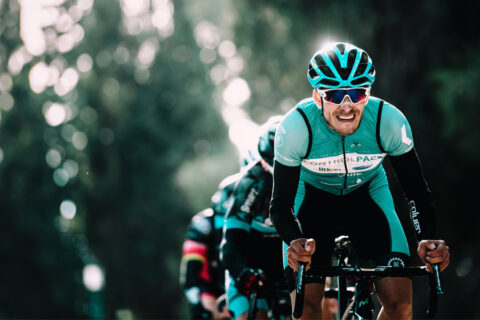
Interval workouts are a fundamental part of any endurance training program. Learn exactly what intervals are, why they are so important, and how to properly execute interval workouts with the help of Sebastian Weber, Neal Henderson, and Dr. Stephen Seiler.
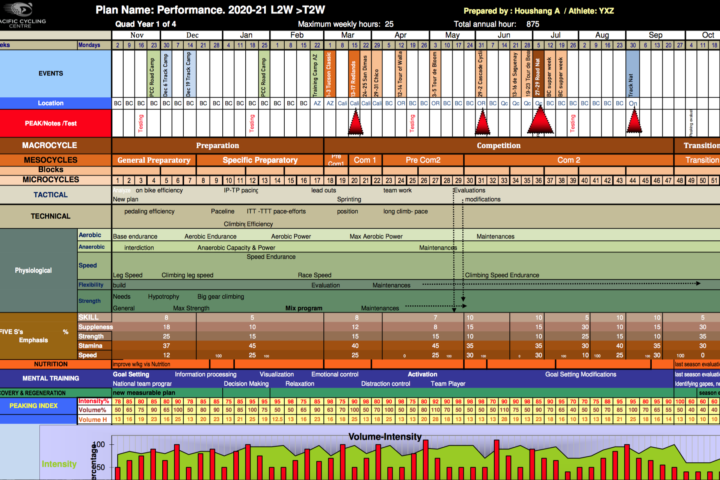
We review the art and science of developing and maintaining an annual training plan, which helps athletes progress and perform at their best.
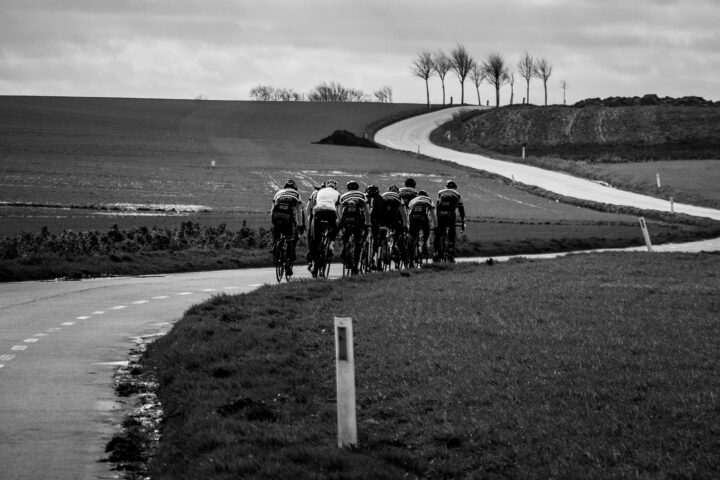
It’s hard to find time to fit in the long, slow miles that traditionally comprise the base season. Coach Trevor Connor offers suggestions for improving life-training balance, understanding quality versus quantity, and more.
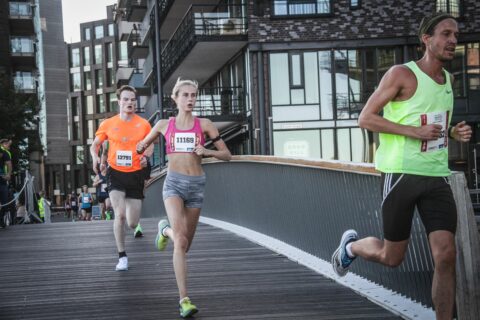
Former elite distance runner Siren Seiler-Viken exposes the truth about focusing on light racing weight: performances will suffer and health will deteriorate.
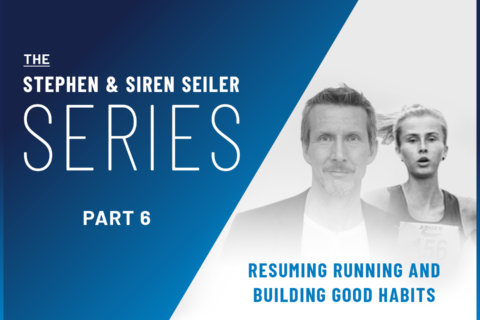
Siren Seiler talks about getting back into running and the importance of building good habits around training and recovery.

You know your workout is supposed to be easy, but you just can’t help dropping the hammer sometimes. A leading neuroscientist lifts the lid on what’s going on in your brain when this happens—and what you can do about it.
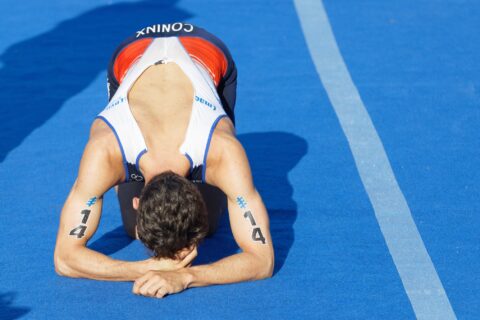
Polarized training is most successful when your body is ready for high-intensity sessions. Understanding how your autonomic nervous system works can help you time it right.
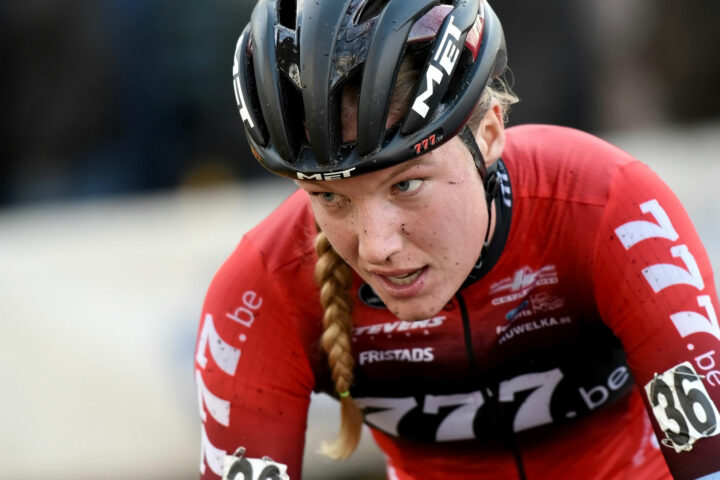
The very best athletes are as strong mentally as they are physically. In the Sport Psychology Pathway from Fast Talk Labs, we explore how to build mental skills with experts like Dr. Simon Marshall, Julie Emmerman, Grant Holicky, Lesley Paterson, and Julie Young.
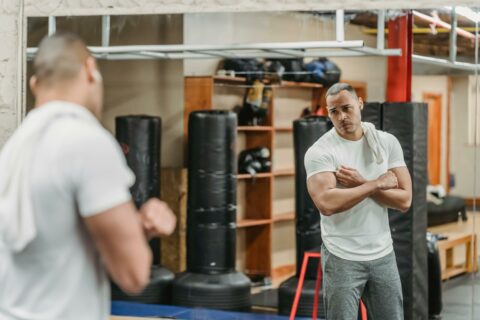
We’re joined by coach and athlete Julie Young who helps us field questions on how to build an annual training plan, coping with race stress, and overcoming body image issues.
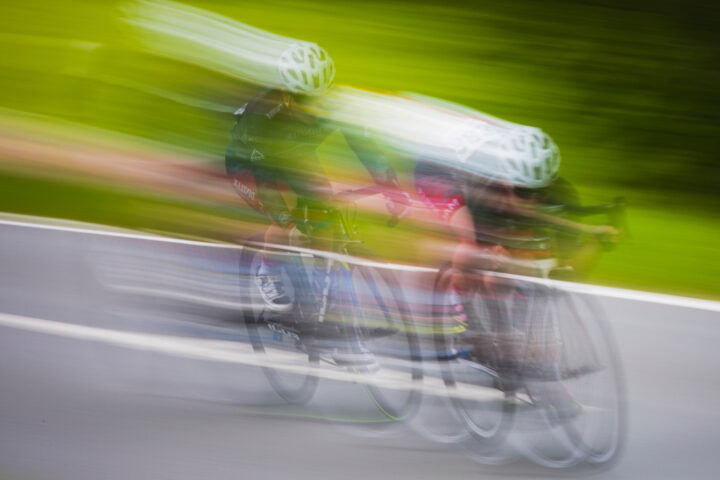
Knowing how a race or workout feels—aka RPE—is an extremely important sense for endurance athletes. With the help of top cycling coaches, athletes, and researchers, we explore why RPE may be more important than power, heart rate, and other metrics.
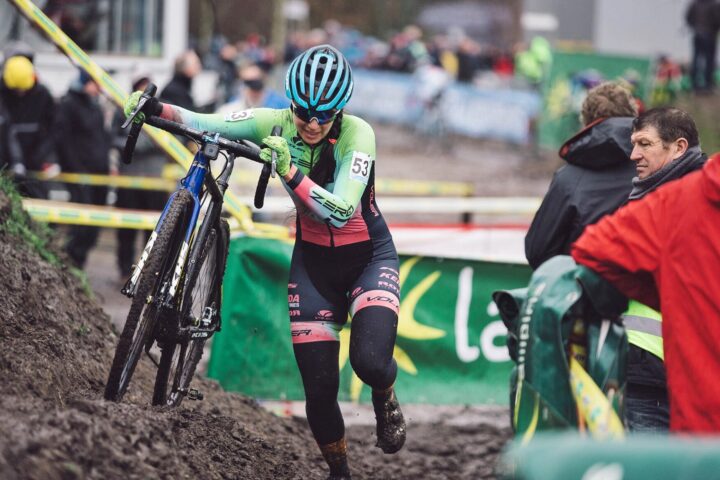
Coach Rebecca Gross of 3six0 Performance helps us field questions on polarized training, closing out your season, if you can “ruin” workouts, spin classes, and more.
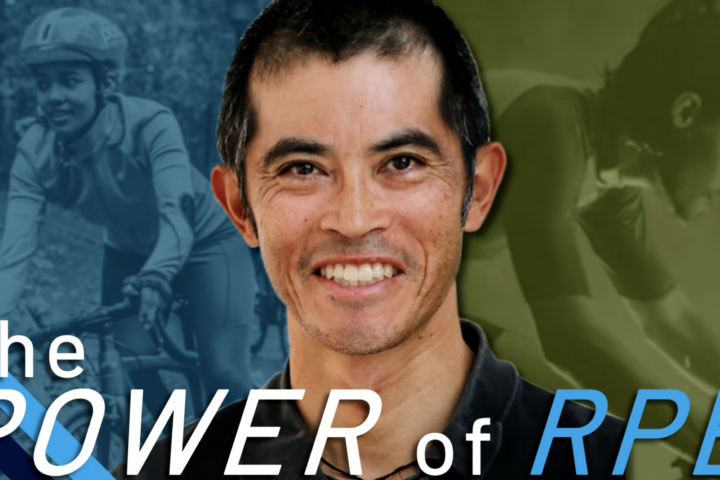
The RPE scale is often overlooked in a world of power meters and heart-rate straps. Dr. Stephen Cheung explains how and why you can use RPE to improve your training, even if you collect data.
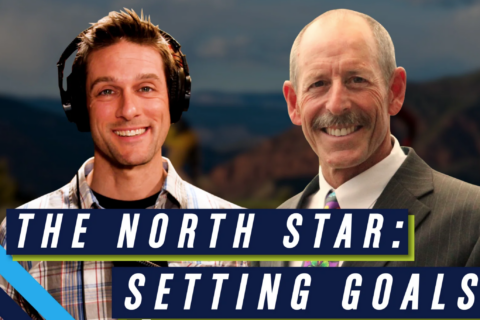
Coach and author Will Murray joins Coach Ryan Kohler for a discussion of what makes a useful set of goals, how to develop them, the psychology of goals, and much more.